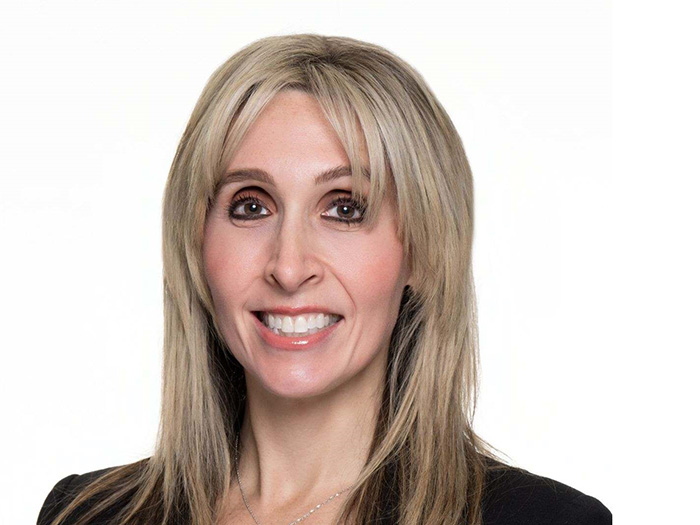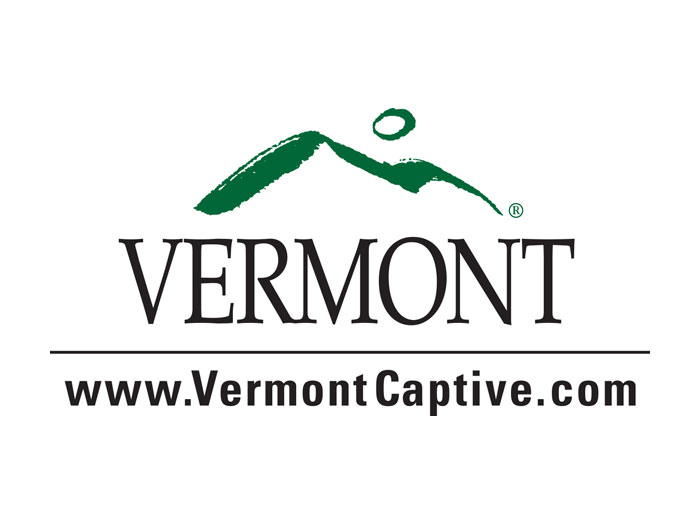News + Notes: Revenue Growth Expected Among U.S. Investment-grade Insurance Brokers, 2022 P&C Underwriting Losses Soar and Net Income Shrinks and More

Revenue Growth Expected Among U.S. Investment-grade Insurance Brokers
In an outlook report released in March, Moody’s investor service predicted stable growth for the insurance brokerage sector in 2023. The forecast is based on strong organic growth patterns and steady EBITDA margins that “will be offset by higher financing costs and weaker interest coverage,” per the report.
For the investment-grade cohort of the brokerage sector, the investor service expects to see mid-single digit or higher growth despite weak overall macroeconomic growth and expected periods of financial market volatility.
“Investment-grade insurance brokers generated average organic revenue growth of 7.2% in Q4 2022, lower than a year earlier, but still strong,” authors of Moody’s in-depth March report highlighted. This growth was helped by higher commercial P&C rates and higher insurable client exposures.
The Moody’s forecast is also based on the expansion of adjusted EBITDA(C) and operating margins among investment-grade brokerage firms over the past three years. Although brokers face higher expenses from wage inflation and increased travel and entertainment, “these pressures are partly offset by savings from hybrid/remote work arrangements and real estate consolidation, as well as rising interest income on fiduciary funds,” as outlined in the report.
This cohort of brokerages is also expected to continue acquiring smaller firms in 2023 in an effort to expand geographic reach, add product capabilities, and gain process and expense efficiencies. Last year, this cohort paid $3.5 billion (net of cash acquired) for acquisitions, compared to $4.5 billion in 2021.
Marsh & McLennan Companies Inc., Aon PLC, Willis Towers Watson PLC, Arthur J. Gallagher & Co. and Brown & Brown Inc. are among firms included in the cohort.
Underwriting Losses Soar and Net Income Shrinks for P&C Insurers in 2022, APCIA and Verisk Report
Preliminary results from a report by the American Property Casualty Insurance Association and data analytics provider Verisk show $26.9 billion in underwriting losses among private U.S. property/casualty insurers — the most the industry has experienced since 2011.
Among the key stats outlined in the report, net income among U.S. P&C insurers fell by 33.6% to $41.2 billion in 2022, compared to $62.1 billion the year prior. In 2022, incurred losses and loss adjustment expenses grew 14.1%, while earned premiums grew 8.3%. Overall profitability in the sector deteriorated as the average combined ratio rose to 102.7% in 2022, from 99.6% in 2021.
Insurers’ rate of return on average policyholders’ surplus declined from 6.4% in 2021 to 4.2% in 2022. This, the report’s authors said, can be attributed to a large amount of unrealized capital losses accrued during 2022. The annualized rate of return on average surplus fell to 4.4% from 7.9% a year prior.
These preliminary results were based on consolidated estimates drawn from annual statements filed by 94% of P&C insurers with insurance regulators.
Oxbridge Re Launches Tokenized Reinsurance Security Offering
Oxbridge Re Holdings Limited, a provider of reinsurance solutions to P&C insurers in the U.S. Gulf Coast region, recently launched an offering of a tokenized reinsurance security, DeltaCat Re, by its new wholly owned subsidiary, SurancePlus Inc.
U.S. investors that purchase the DeltaCat Re tokens will receive the right to a return on the investment from the performance of the underlying reinsurance contracts of Oxbridge Re NS.
“Tokenization of interests in reinsurance contracts is a digital representation of a real-world tradable asset, and we believe that our SurancePlus subsidiary is well-positioned to offer this unique opportunity to investors,” said Jay Madhu, president and CEO, Oxbridge Re Holdings.
“Democratizing reinsurance through tokenization allows investors to participate directly in the reinsurance business, which traditionally has extremely high barriers to entry,” he added. &










